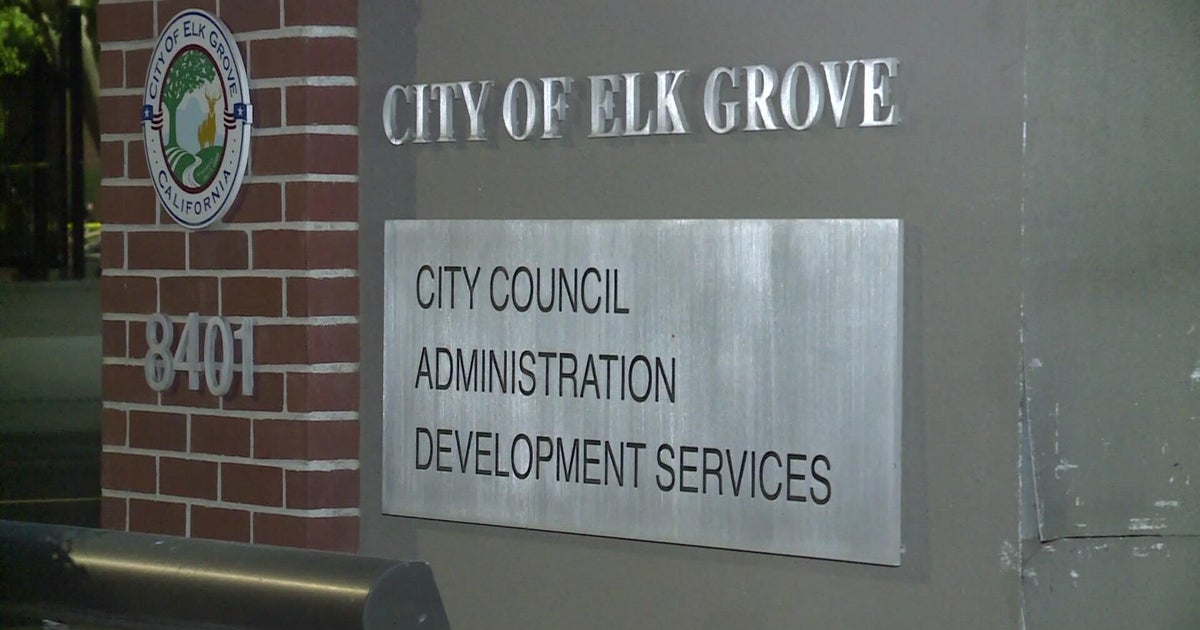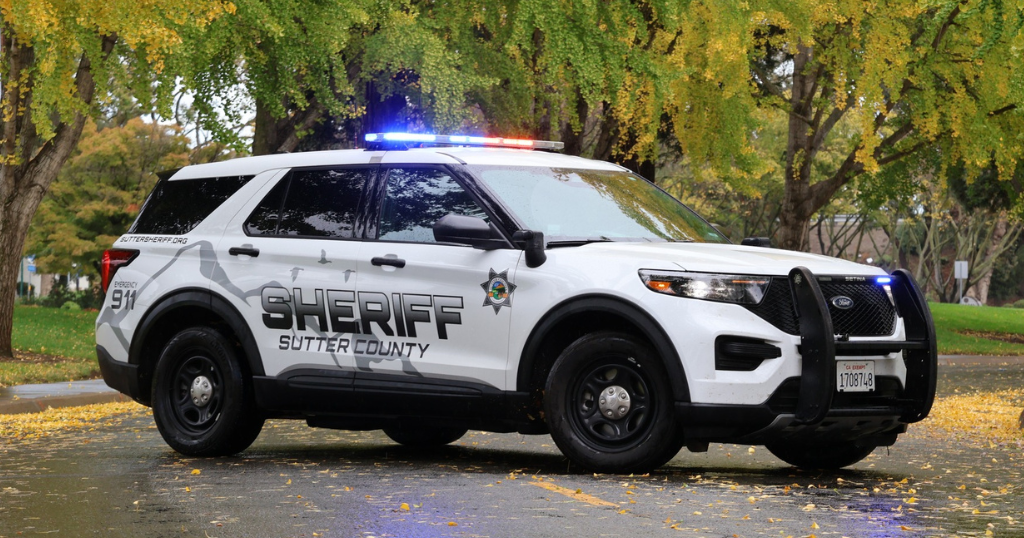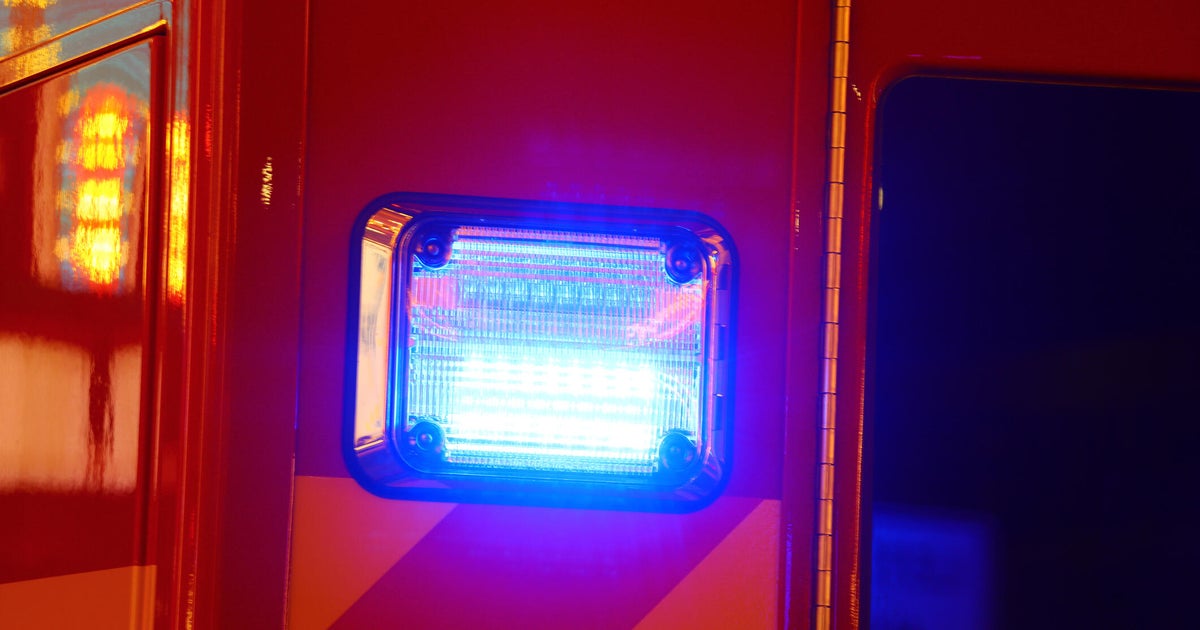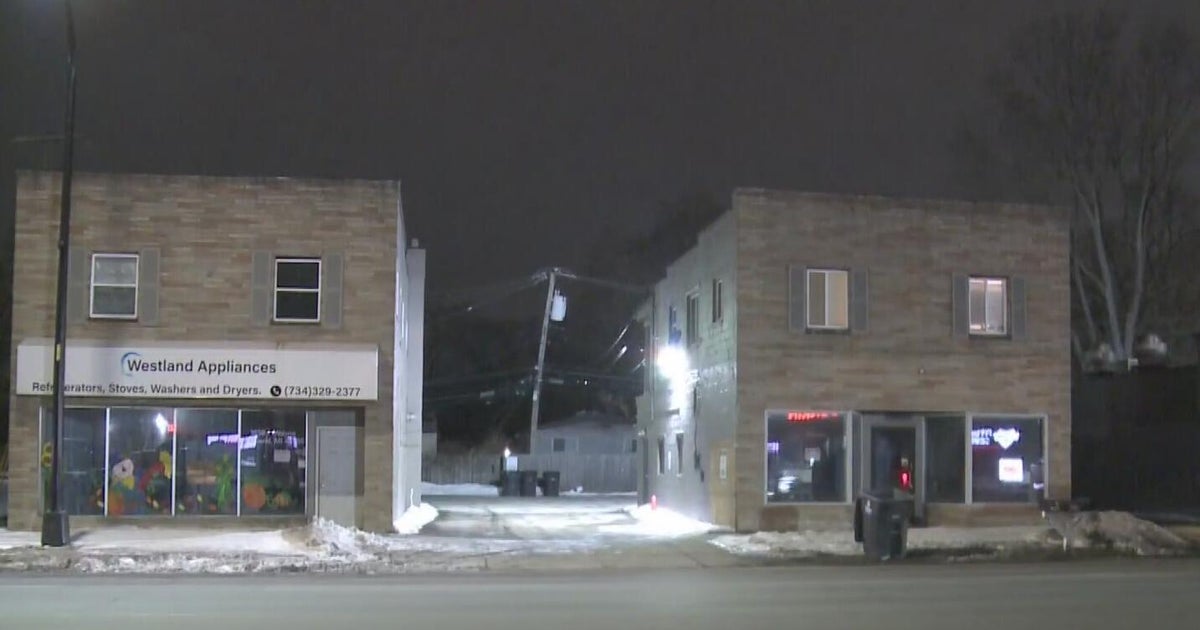New Toll Road Idea A 'Game-Changer' Say Transportation Leaders
HURST, Texas (CBSDFW.COM) - An app that automatically detects how many people are in one vehicle, could help more drivers take advantage of discounted toll rates for high occupancy vehicles North Texas highways.
The technology would also eliminate the need for police enforcement of HOV violators.
It could roll out in early 2019 for toll roads in North Texas, and TxDOT is watching the program to see if it could be implemented statewide.
The Regional Transportation Council of the North Central Texas Council of Governments was briefed on the plan Thursday.
Carma Technology Corporation, which previously developed ride-sharing and carpooling applications, extended the technology to support high-occupancy commuting.
It works by sensing when mobile devices with an installed app, are traveling next to each other down a defined corridor. After initially paying a full price toll, the driver of a vehicle would then later be refunded or credited money for traveling with other people, typically half the single-occupant rate for express lanes or toll segments.
Free Bluetooth beacons would be available so drivers could get credit for carrying children, or passengers without a smart phone.
Currently, drivers have to go online or use an app to predeclare what roads they will be driving on, and on what days, in order to receive a discount. The RTC believes as few as three-percent of eligible drivers are actually receiving the discounts.
"In order to get more folks and get them an incentive, we think a reward would help," said Natalie Bettger, who worked on developing the program for NCTCOG.
The first phase of the program would roll out the app for use on all of the managed toll lanes in North Texas. Phase 2 could extend it to US 75.
A potential third phase though, could open up a wealth of reward possibilities, including discounts for driving specific road segments, points that could be redeemed similar to credit card points or airline miles. There could even be support for rewarding the use of public transit, bicycles or walking.
"Because we're trying to diversify the congestion," said Paul Steinberg with Carma. "That doesn't even have to be an HOV discount. That can just be a routing award."
Steinberg said Carma has developed algorithms to try to stop people who try to cheat the technology, by having extra account, carrying two phones or leaving an extra beacon in the car.
The estimated cost of the program would be $24 million over 10 years, including money already spent on development and testing. Staying with the existing system is estimated to be $23.1 million.
A full launch could potentially happen as soon as February 2019.







